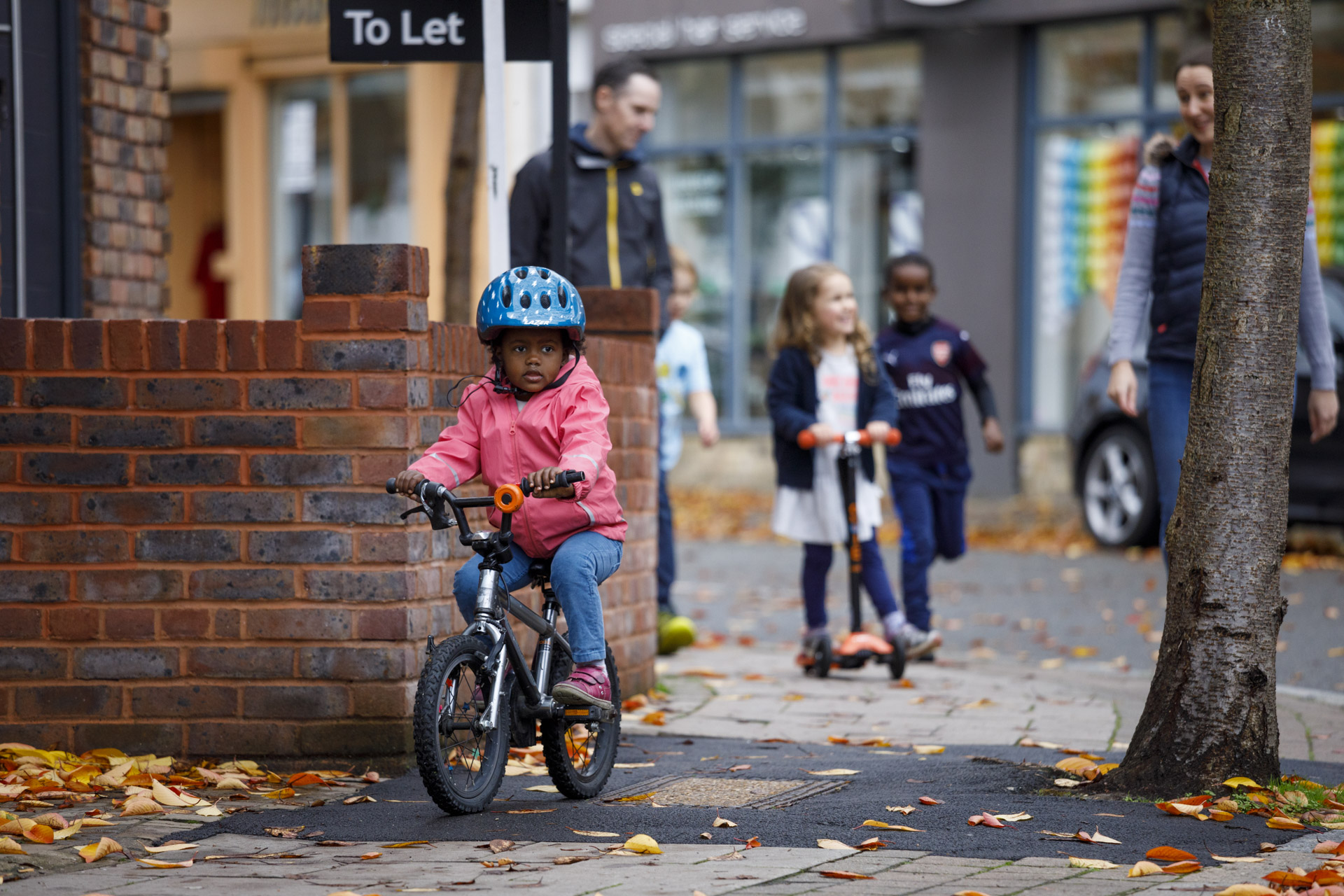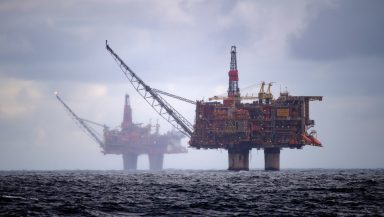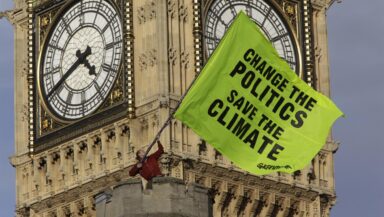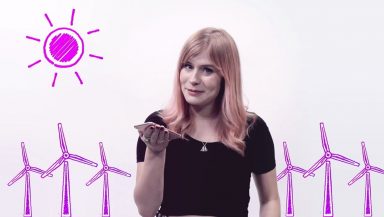The bad
Cold homes and wasted energy
It’s hard to imagine in the middle of a heatwave, but this winter, people in the UK will spend eye-watering sums of money trying to keep their homes warm.
And thanks to Boris Johnson and his government, much of that cash will be wasted. Britain’s homes are the least energy-efficient in Europe, and insulating them is one of the cheapest ways to cut bills and carbon emissions.
Sadly, Johnson has kept up a long tradition of government failure on this issue. His Green Homes Grant was scrapped after just six months, following many warnings from the industry about the scheme’s bad design and unrealistic timetables.
Attacking the right to protest
Under Boris Johnson, the government has repeatedly attacked ordinary peoples’ right to protest – and the fight against these harsh, unnecessary proposals goes on. The new rules introduced on Johnson’s watch will criminalise a whole range of tactics that make protests effective, and which helped to win many of the basic rights and freedoms we have today.
Wind power on land still blocked
Despite the huge popularity of onshore windfarms, harsh regulations mean that in England just one resident can stop a new wind power scheme planned for their area. By doing this, the government has effectively banned a cheap, quick-to-build energy source in the middle of a climate, energy and cost-of-living crisis.
Great factoid here from @timbolord – without the UK's effective ban on onshore wind we could have built enough capacity to cut gas demand by 25-30TWh/yr, which is more than the amount we now import from Russia (24TWh/yr) https://t.co/tgaw9XHLsg
— Simon Evans (@DrSimEvans) February 28, 2022
More oil and gas drilling
Despite the increasingly scary climate situation, the government is still promoting new oil and gas wells in British waters. Of course, the new Cambo and Jackdaw oil fields will add fuel to the fire of climate change, which is already wrecking millions of people’s lives. But because they’ll take years to get up and running, they won’t help lower bills or improve our energy security either!
Costly, destructive road building
Johnson’s government is pushing ahead with the largest ever UK road building project – costing £27 billion over five years. Building more roads won’t improve traffic in the long term, but it will trap even more people into expensive, unhealthy car dependency.
Hostility to immigrants, asylum seekers and refugees
The cruelty and incompetence of Boris Johnson’s immigration policy has been covered in depth – but it’s important to understand why this is also a green issue.
We know that the worst impacts of climate change often fall on those least responsible for causing it, and least able to adapt. Meanwhile, rich countries like the UK built much of their wealth on fossil fuels, colonialism and exploitative global trade: the very things that drive the climate crisis.
The climate crisis is already forcing people to migrate in growing numbers, and this won’t stop any time soon. By persecuting those who come here seeking safety or opportunity, Johnson’s government shows that it doesn’t understand the consequences of this country’s past choices, or our responsibility for what comes next.
The good
Offshore wind boom
Under Johnson, the UK kept adding to its fleet of wind turbines out at sea, where the winds are strongest. Offshore wind power is now a core part of our energy mix, and Britain is one of the world leaders in the number of turbines installed.
Greener, safer streets
While decisions on street design are mostly made by local councils, the government’s decisions – especially when coronavirus first hit – drove some rapid progress on fixing the UK’s car-choked streets.
As the pandemic forced people off public transport, the government allowed councils to trial emergency bike lanes and low-traffic neighbourhood schemes to help people get around. And they offered a mixture of funding for new projects, and strict design rules to make sure they actually did the job of keeping walkers, wheelers and cyclists safe.

Low traffic neighbourhood schemes introduced during the pandemic make residential streets quieter and safer, allowing children to build up their confidence on the roads. © Crispin Hughes
Calling time on petrol and diesel cars
Johnson’s government set a much needed cut-off point for new petrol and diesel cars and vans. By 2030, companies won’t be allowed to sell these vehicles – though there are still loopholes for hybrids, which can still be quite polluting. Setting a long-term target doesn’t guarantee success, but it sends a powerful signal to carmakers (and buyers) that polluting old-style engines are on the way out.
Long-term carbon cutting plans
The UK has some of the strongest climate targets in the world, and either strengthened or reaffirmed them under Johnson’s leadership.
Of course, the government’s current policies aren’t strong enough to actually hit these targets, and that’s a serious problem. And these targets still aren’t that ambitious, given the UK’s extremely high historic emissions.
But the targets are still useful and something to build on, because they allow everyone to see how well the government is doing, and push them to do better. They also give organisations and businesses a better idea of what the future will look like, which helps them invest in carbon-cutting technologies.
Johnson’s green to-do list
Boris Johnson doesn’t have much time left, but if he pulled out all the stops, there’s plenty he could do to improve his green legacy. We’ve put together a handy to-do list he can use to make sure it’s all covered.
New stuff to do
- Invest £10bn in energy efficiency and heat pumps over next three years.
- New law: 95% carbon-free electricity by 2030.
- Give energy regulator a duty to support the push to net zero emissions – helps speed up the transition.
Things to fix
- Fix windfall tax plan – 70% (or more!) tax on oil and gas profits, and no more tax breaks for new fossil fuel production.
- Make sure farm subsidies help farmers and nature.
- Unblock onshore wind power.
Bad ideas – reject these:
- The Cumbria coal mine.
- Jackdaw oil field.
- Sizewell C nuclear plant.
- Fracking – rule this out for good.
- Industrial fishing in Marine Protected Areas – needs proper ban (including supertrawlers).



